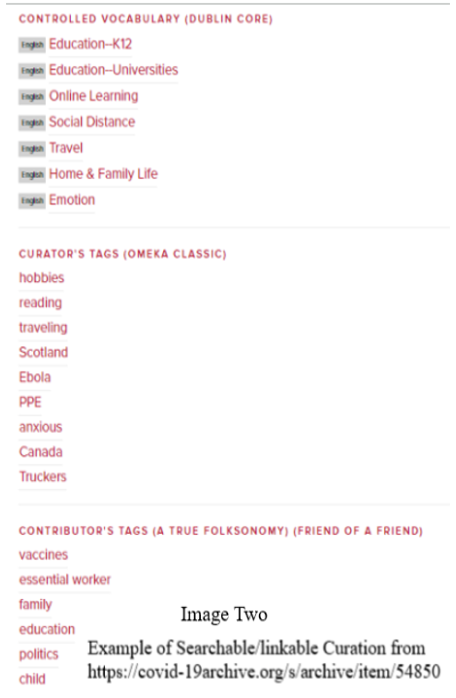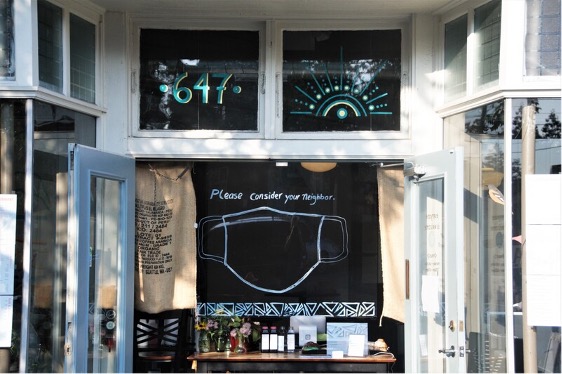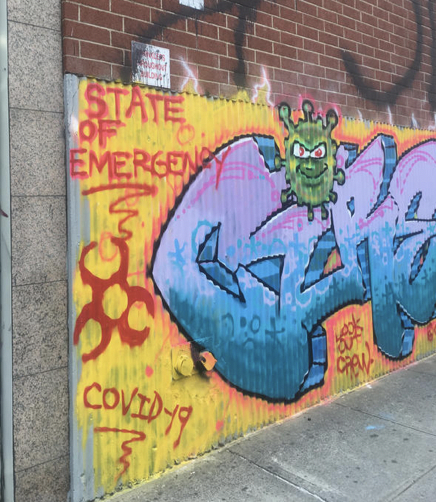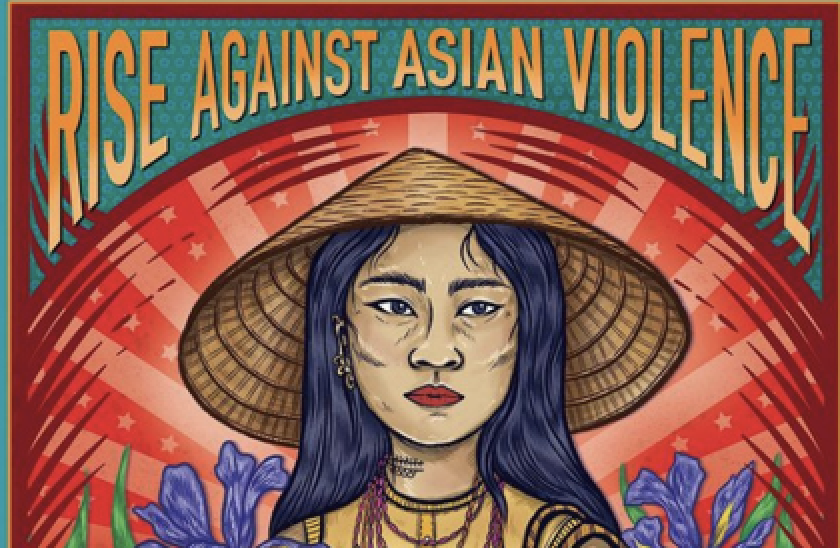Blog post by Jason Inskeep

During the onset of the COVID-19 pandemic, a constant stream of information barraged humans with alarming news, death statistics, and polarizing political stances. A wide variety of social media, forums, and video conferencing programs provided people an outlet. They shared countless articles, memes, videos, and pictures that captured distinct emotional perspectives of the pandemic. In 2020, members of the History Faculty from Arizona State University launched A Journal of the Plague Year: An Archive of COVID-19 (JOTPY) to preserve pandemic experiences. The archive staff uses professional standards to curate this rapid response archive consistently using multiple forms of metadata, such as the contributor and the curator’s descriptive vocabulary, to ensure searchable organization. Of the variety of items and media in the archive, I became interested in pandemic oral histories. As of June 2022, the archive has approximately nine hundred oral histories. While historical artifacts in a museum are engaging, oral histories are just as essential (though more difficult to display). They not only fill in historical gaps and background information that artifacts cannot supply, but they facilitate the creation of a complex human connection between the historical subject and the patron. The oral histories within JOTPY are crucial to contextualizing the pandemic for future audiences. Based on the diverse topics retained within JOTPY oral histories, researchers should utilize these histories as viable resources for research.


In the archive one can easily find useful and historically beneficial oral histories related to research interests (see Image one description for instructions). They include transcripts, curated metadata, and media files. While perusing through oral histories in the archive during my work as an intern, one subject caught my attention: small businesses. I managed a small swimming pool supply business many years ago, so I sympathize with local businesses’ struggles. The shutdowns of non-essential public places in 2020 exposed many small businesses to financial danger. Several oral histories in the archive highlight the tenacity and creativity of small business owners and their desire to help their employees and communities. In his oral history, Stanton Webster thoroughly described creative changes he made to his business to find new revenue streams to continue paying his employees. He not only re-tooled his whiskey distillery to manufacture hand sanitizer, but his company created specialty cocktails that local charities could sell for fundraising. He financially impacted many lives by sharing with a large group of small, local businesses how to navigate the complicated path towards receiving Federal Paycheck Protection Program (PPP loans) funds to pay their employees. In the oral history of Jeff Litsey, his emotional anguish is evident while discussing decisions to cut employee hours, the loss of several long-term employees, trying to secure Federal Government PPP loans to make payroll, and the difficulty navigating shutdowns. Jeff made these decisions while worrying about the health repercussions to his employees working during the pandemic. He, like Stanton, made creative changes to his business model to expand selling coffee beans online to keep his employees working in new roles. He also started a “customer finance support fund” that raised $15,000 online from community members to divide amongst his employees. These business owners showed care for their employees and customers during the pandemic and their oral histories highlight the struggles, passion, and tenacity of their pandemic experience. There are boundless opportunities to discover beneficial information for your interests and research by searching within the archive’s oral histories.

Stanton and Jeff’s oral histories are just a tiny example of the potential found in the archive’s oral histories. For me, they helped contextualize the experiences of small business owners during a pandemic. Imagine what else researchers from many disciplines can discover in the JOTPY’s oral histories. Researchers and the curious, A Journal of the Plague Year: An Archive of COVID-19 is a crucial source of information and perspectives of the global pandemic.


